
Information and Tips
For clinicians and researchers
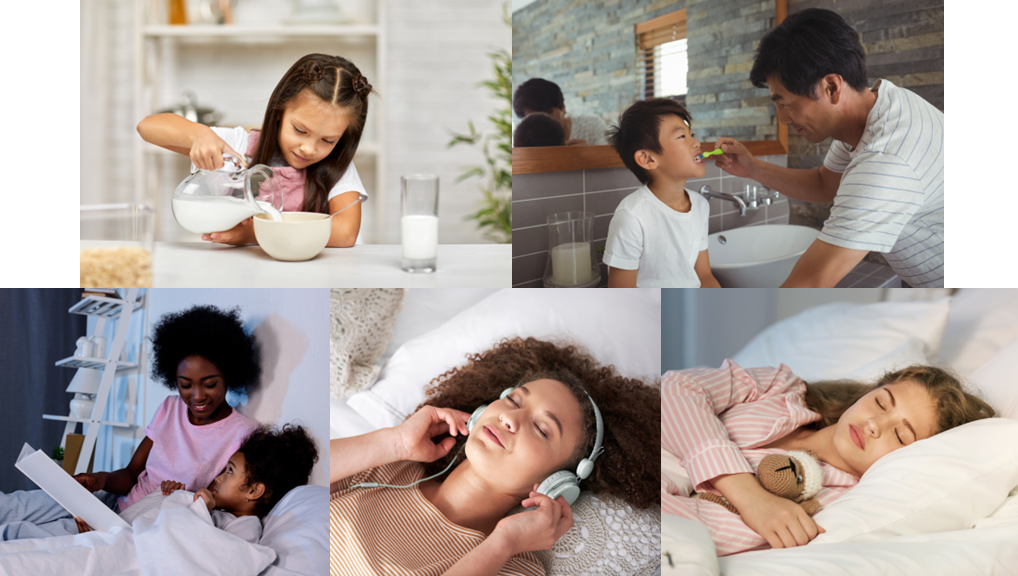
4 Tips For Creating A Consistent Bedtime Routine
Sleep is critical for youth mental health, and one of the basic building blocks for healthy sleep is a consistent bedtime routine. But bedtime routines are not just for young children, older children, adolescents, and adults all need bedtime routines!
A bedtime routine helps to prepare the body for sleep, providing separation between a busy day and the calming and relaxation needed for sleep.
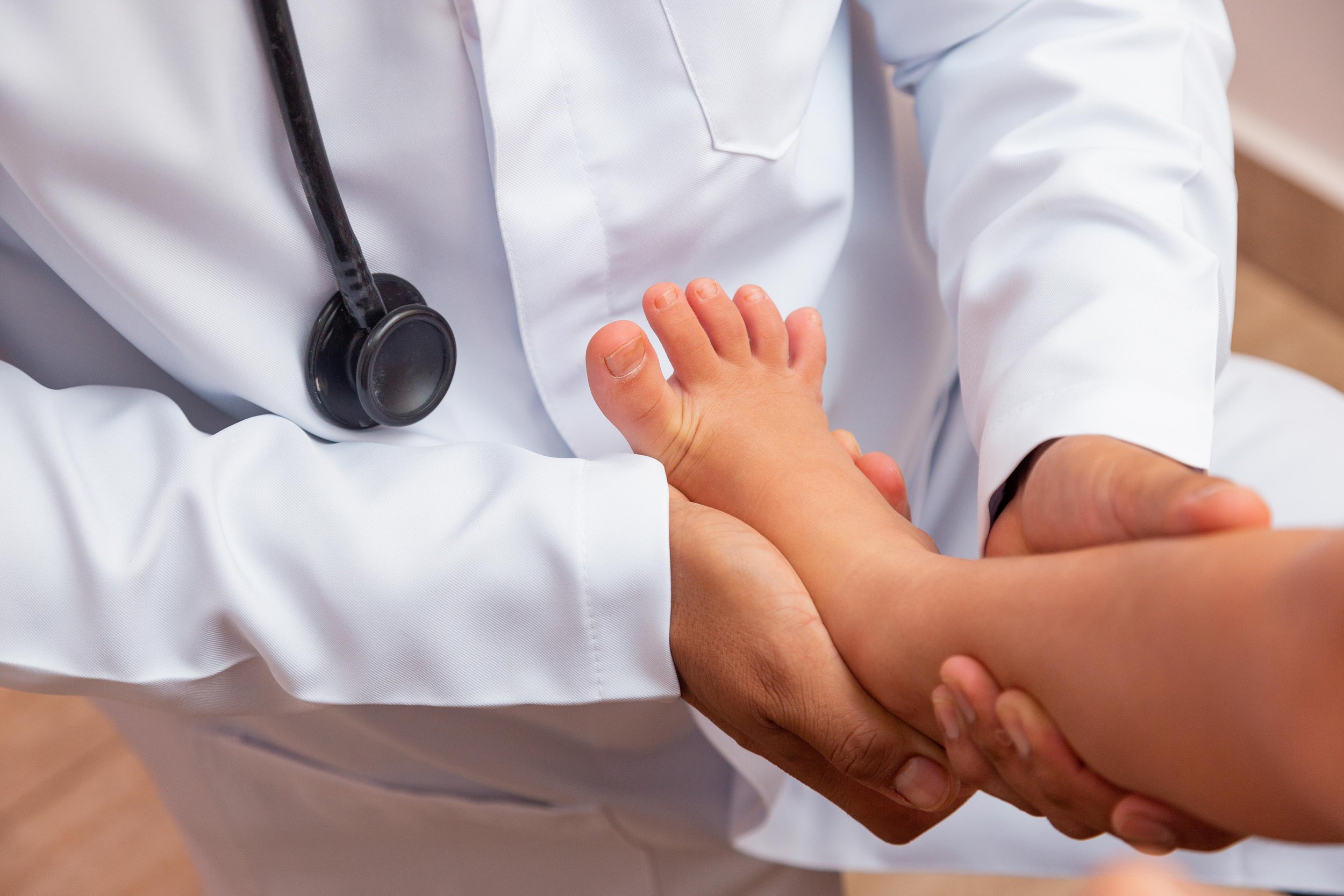
3 Questions to Determine if Growing Pains Could Be RLS
Since RLS is diagnosed by clinical complaint, it is important to screen your patients in order to provide treatment. Here are 3 questions to ask your patients about RLS.
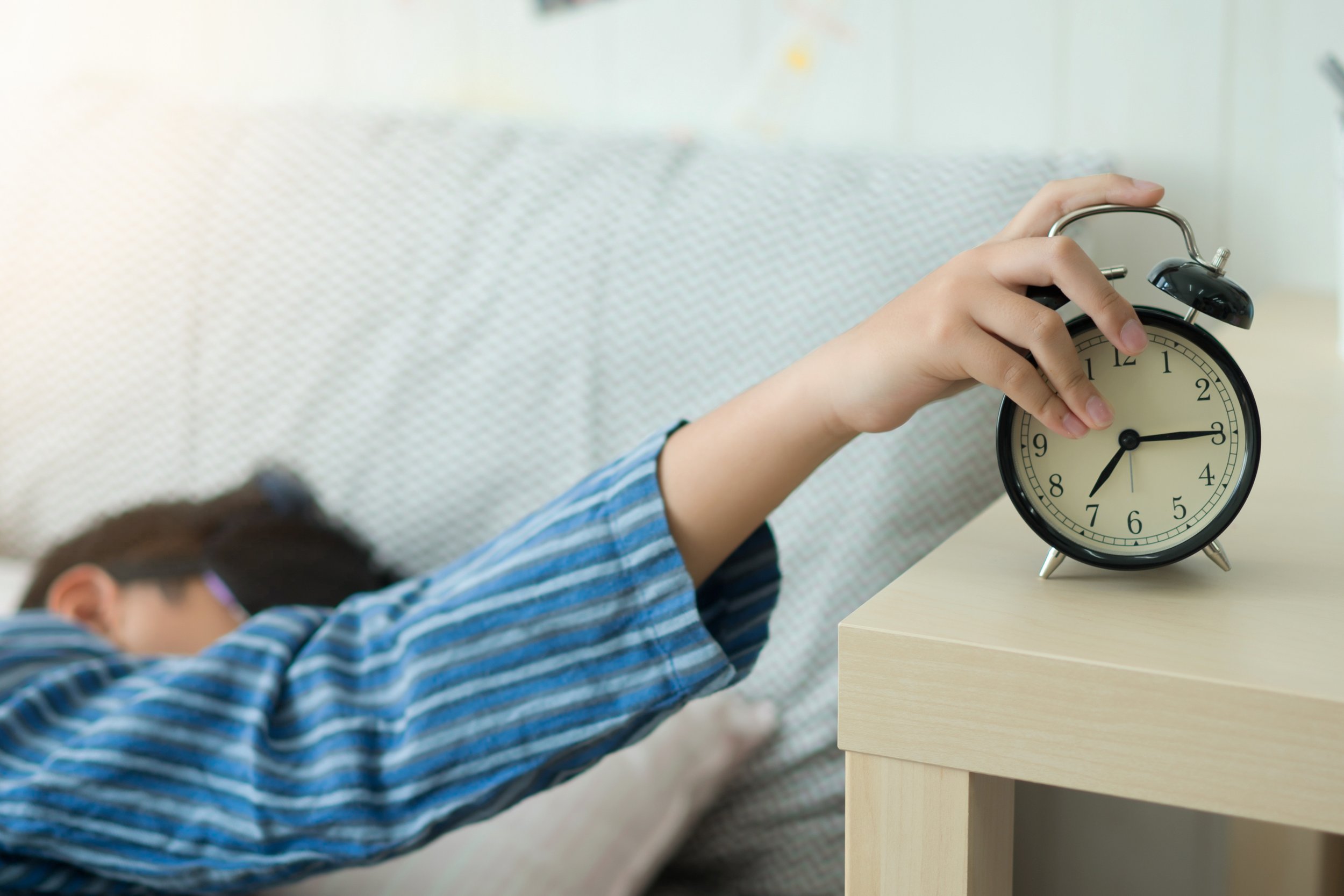
4 Questions to Determine if a Child is Getting Enough Sleep
Sleep need is highly individual. There are recommended ranges that most (but not all) children will fall into, but every child (and adult) will have a different sleep need within that range.
Here are four questions you can ask patients and parents to determine if a child is not getting enough sleep or is getting poor quality sleep.
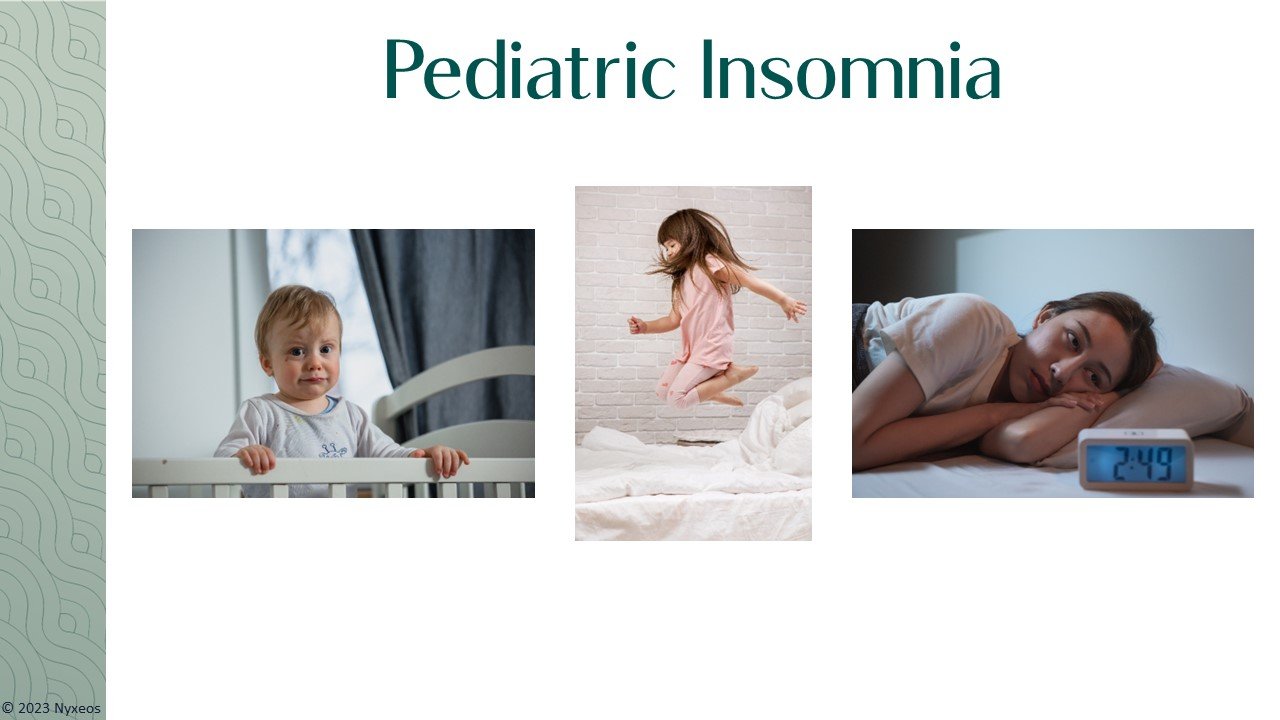
The Basics of Pediatric Sleep: Intro to Pediatric Insomnia
Part Six of The Basics of Pediatric Sleep online course provides an introduction to pediatric insomnia, including diagnostic criteria, evidence base, behavior theory, and types of insomnia.
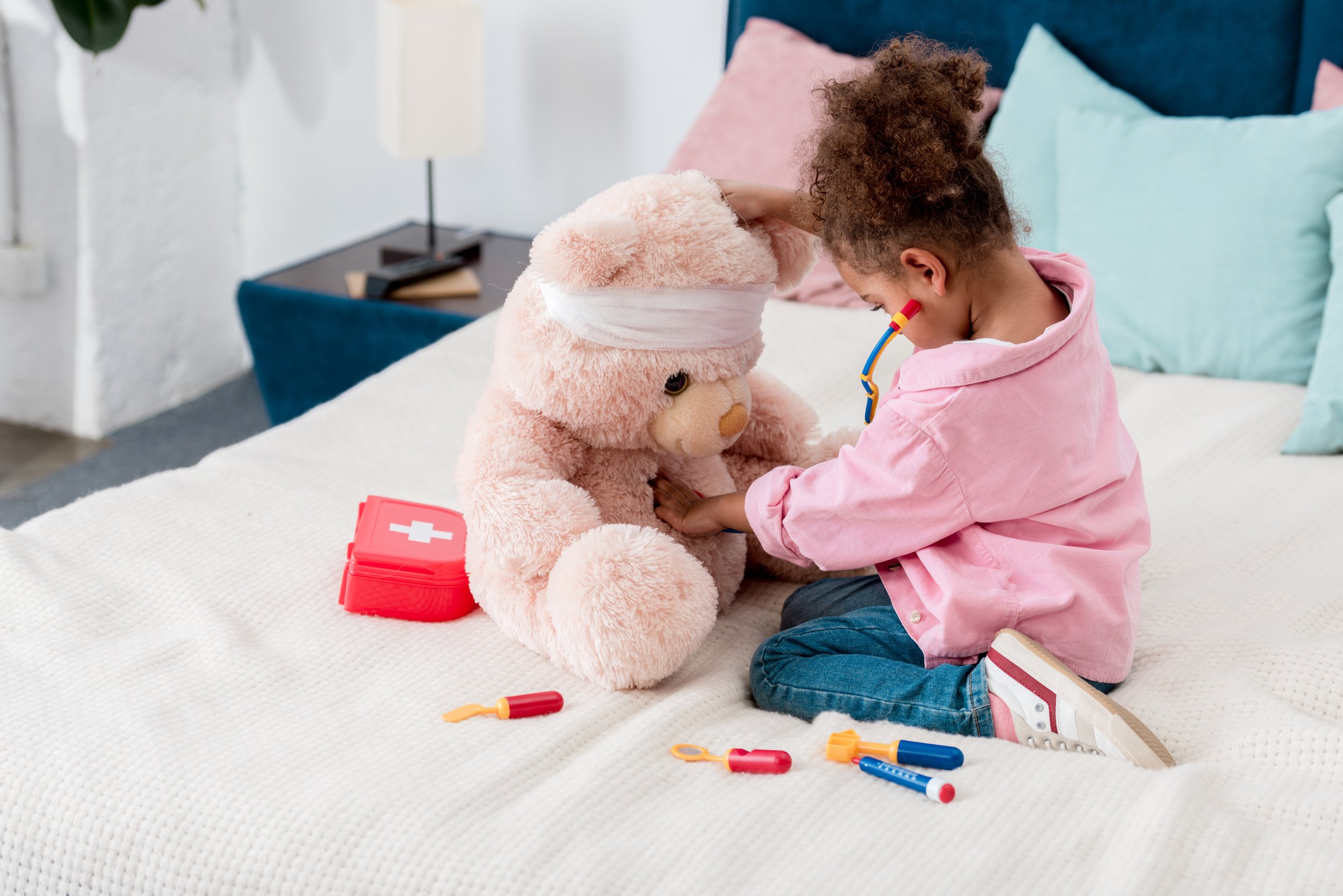
The Basics of Pediatric Sleep: Screening for Sleep Problems
Part Five of The Basics of Pediatric Sleep online course teaches about common pediatric sleep disorders, as well as general screening and assessment.

The Basics of Pediatric Sleep: Toddler Sleep Hygiene
Part four of the Basics of Pediatric Sleep online course teaches about sleep patterns, sleep habits, and sleep disturbances across development.

The Basics of Pediatric Sleep: Signs of Deficient Sleep
Part three of The Basics of Pediatric Sleep online course teaches about deficient sleep, including the signs of deficient sleep, as well as the causes and consequences of deficient sleep.

The Basics of Pediatric Sleep: Social Jetlag
Part two of The Basics of Pediatric Sleep online course teaches about sleep and circadian physiology, including social jetlag, which occurs when children and adolescents stay up late and sleep in on weekends.
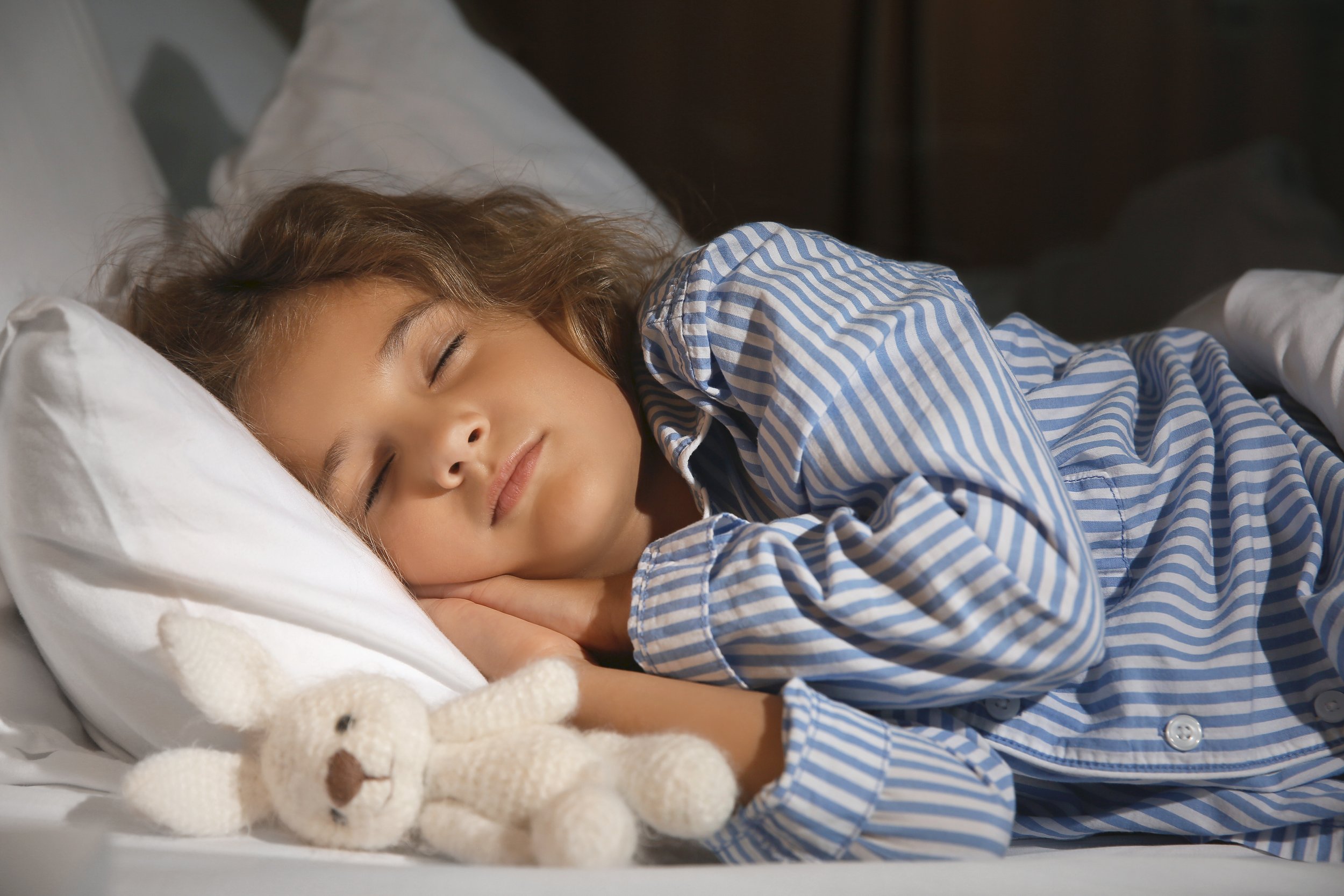
The Basics of Pediatric Sleep: Why We Sleep
Part one of The Basics of Pediatric Sleep online course provides information on who needs sleep, what is sleep, and why we sleep.
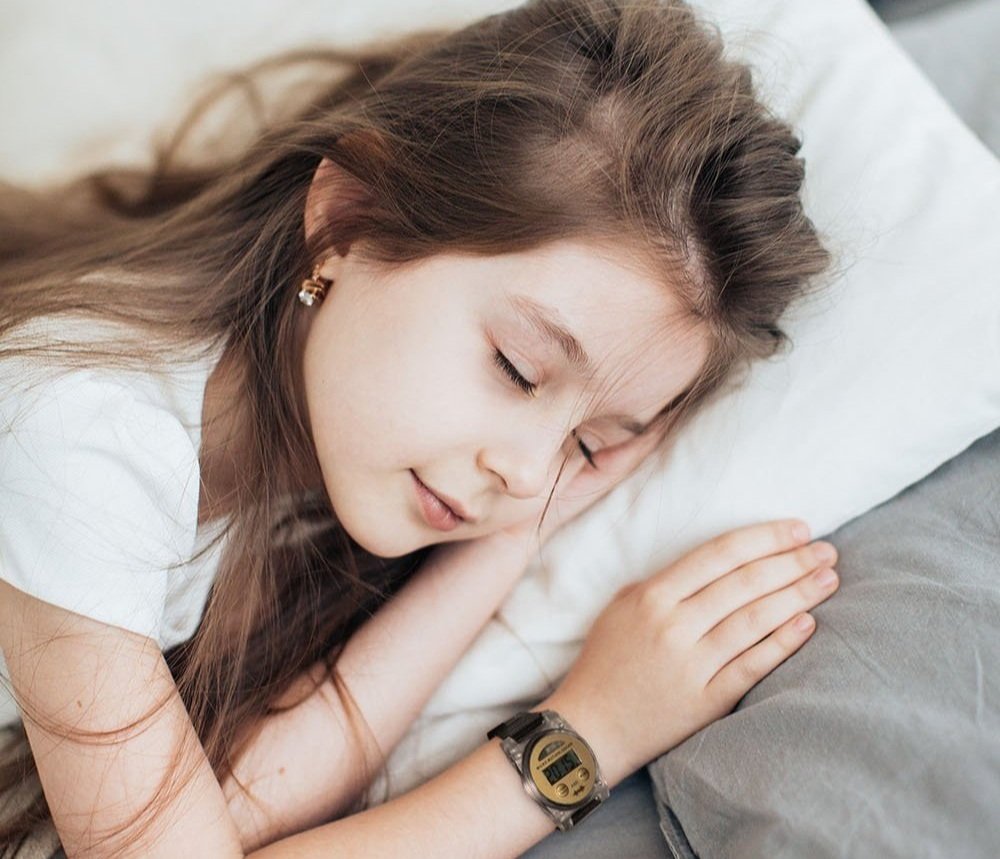
The Case for Actigraphy in Pediatric Research and Clinical Practice
Actigraphy plays an important role in pediatric sleep research and clinical care. Although consumer wearables are an appealing alternative, this blog reviews why actigraphy remains the better choice.
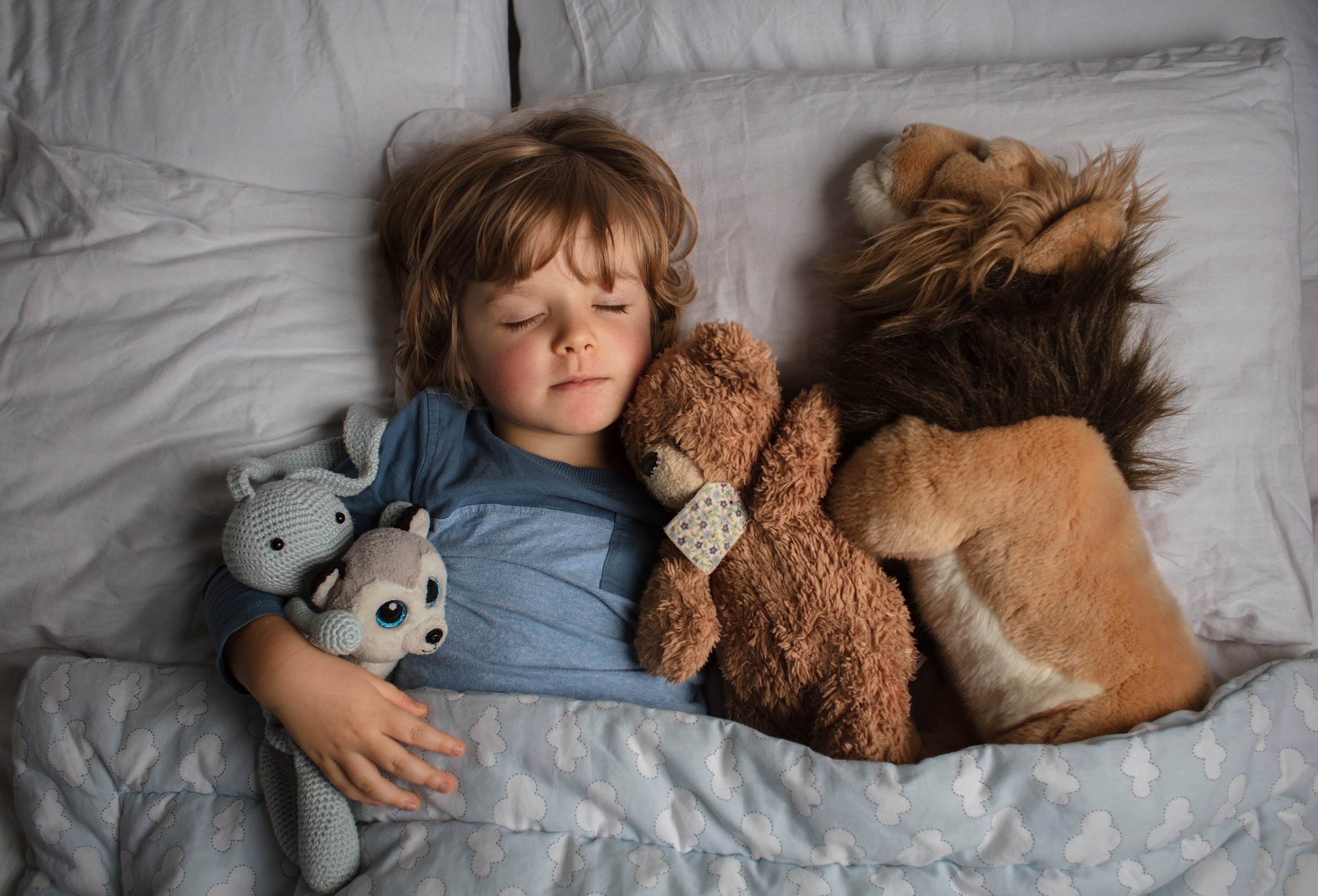
Integrating Pediatric Sleep Health Into Clinical Practice
Children have to eat. Children have to breathe. Children have to sleep. Sleep is not optional and it is not a luxury.
This blog provides information and tips for busy clinicians on the different aspects of pediatric sleep health.

Want to Add Pediatric Sleep to Your Research? Consider the Sleep PHDs
All pediatric research participants (from infants through adolescents) have something in common, they sleep (although some better than others). Every. Single. Day.
It is time to consider the role that the sleep PHDs (Patterns, Habits, Disorders) may play in your research.
